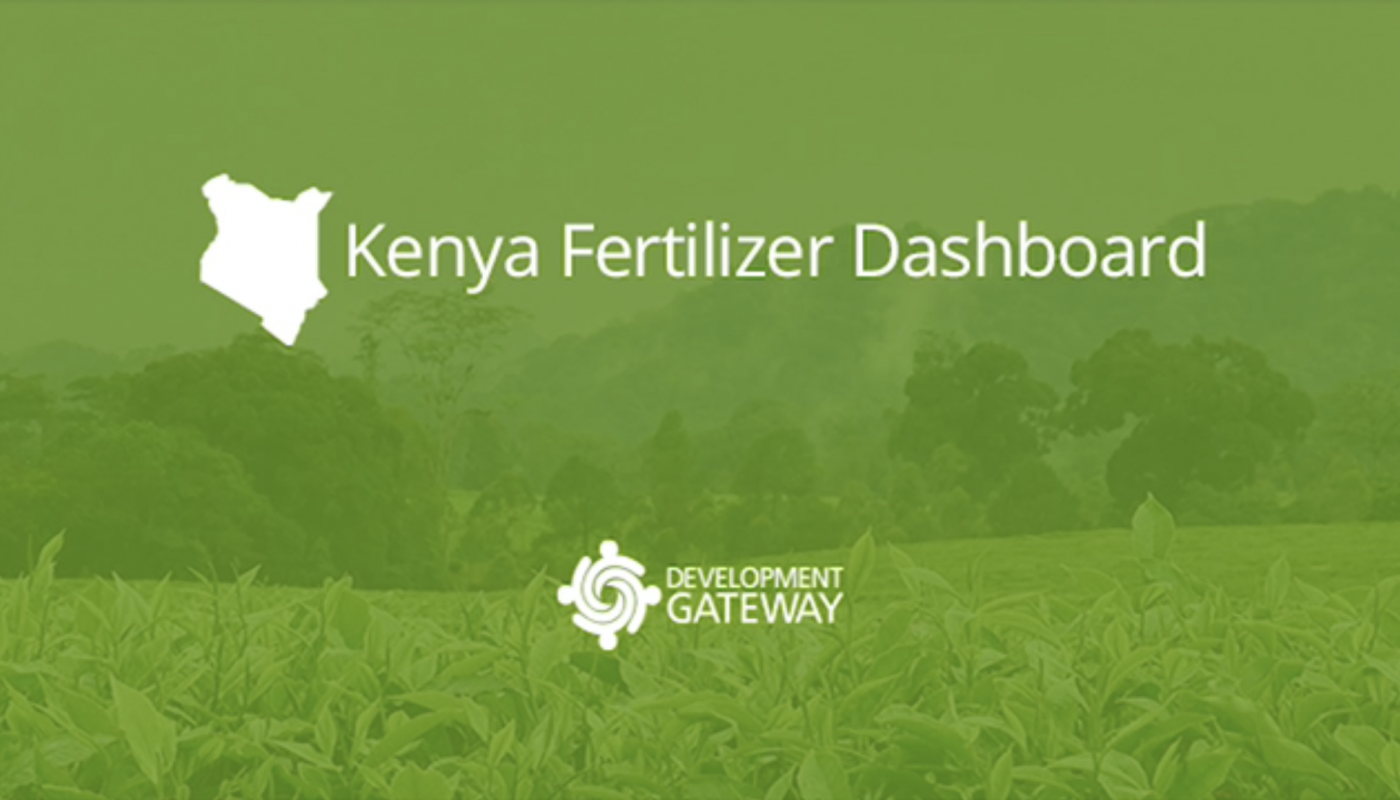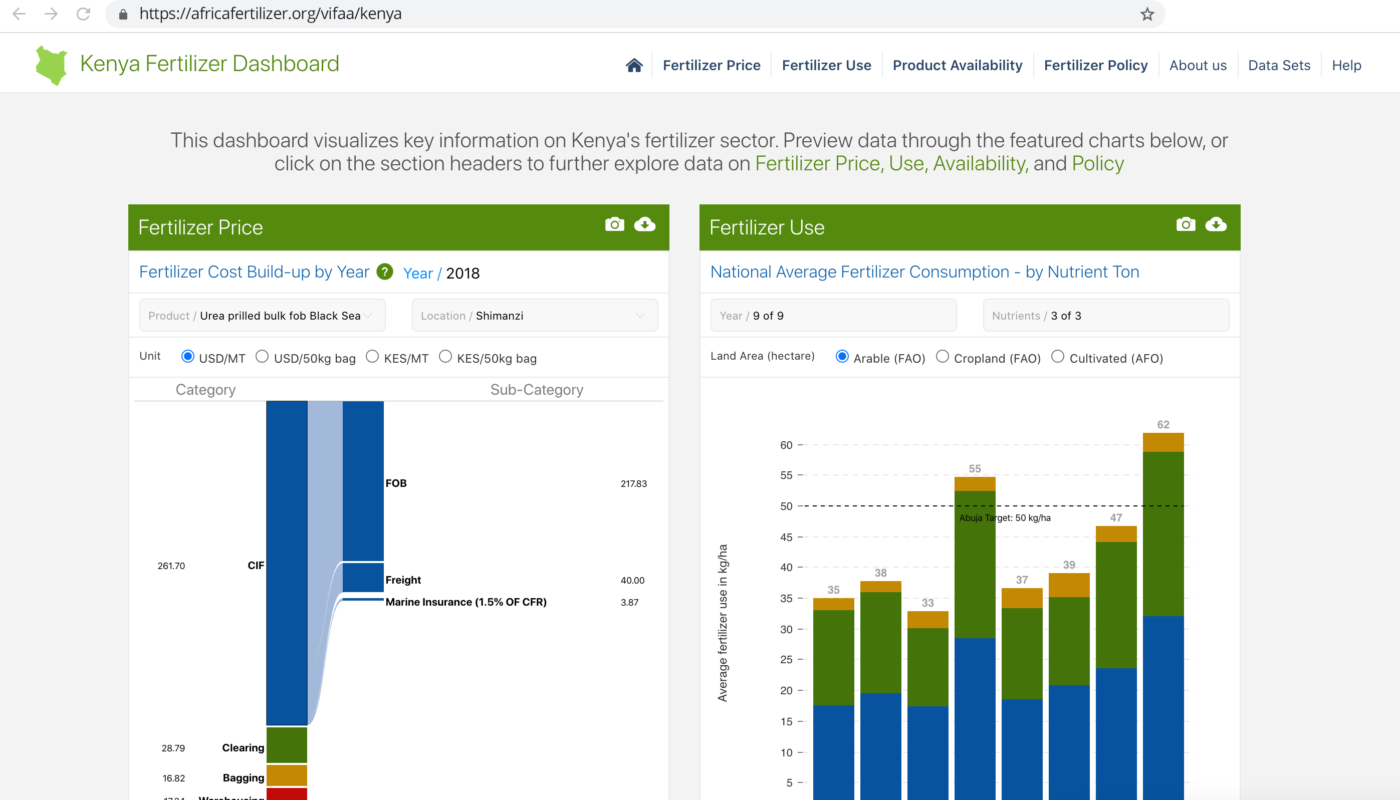Posts categorized Program
Page 9
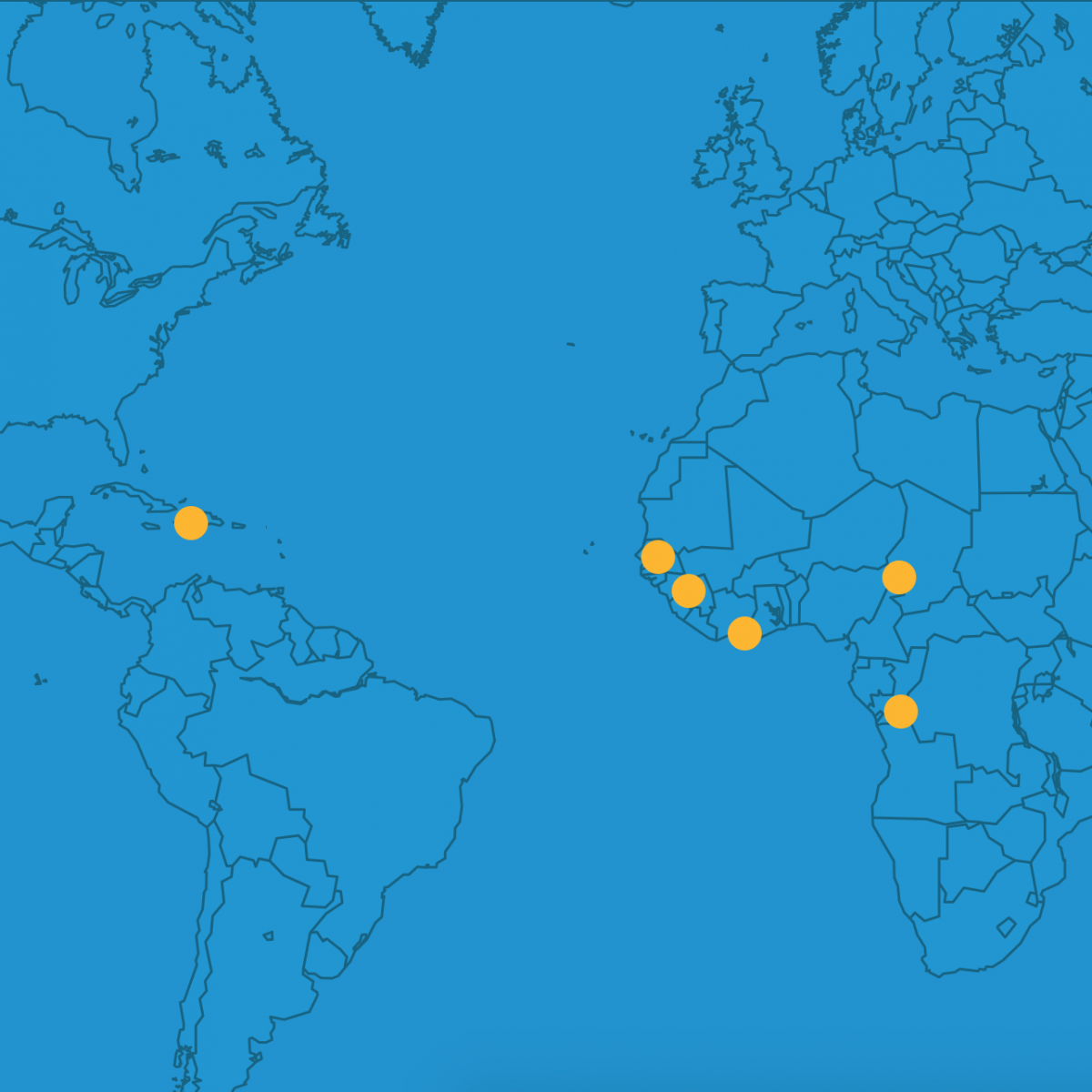
Highlights from Francophone Africa and the Caribbean
DG has been implementing projects in French-speaking African and Caribbean countries since 2007. We apply our technical expertise to develop multilingual customized tools, processes, and analyses to help our partners achieve results in various domains including development assistance, agriculture, extractive industries, and health. This newsletter highlights DG's ongoing work in francophone countries.
Understanding Fertilizer Markets through the VIFAA Kenya Dashboard
Michael Kamau, Intervention Manager for Agricultural Inputs, at Kenya Market Trust, explains how decision-making in the fertilizer sector requires data on how fertilizer markets are functioning. The new Visualizing Insights on Fertilizer for African Agriculture (VIFAA) Dashboard for Kenya provides a detailed picture of the fertilizer sector to support decision-making at all levels – and ultimately, to ensure fertilizer is available for smallholder farmers when and where they need it.
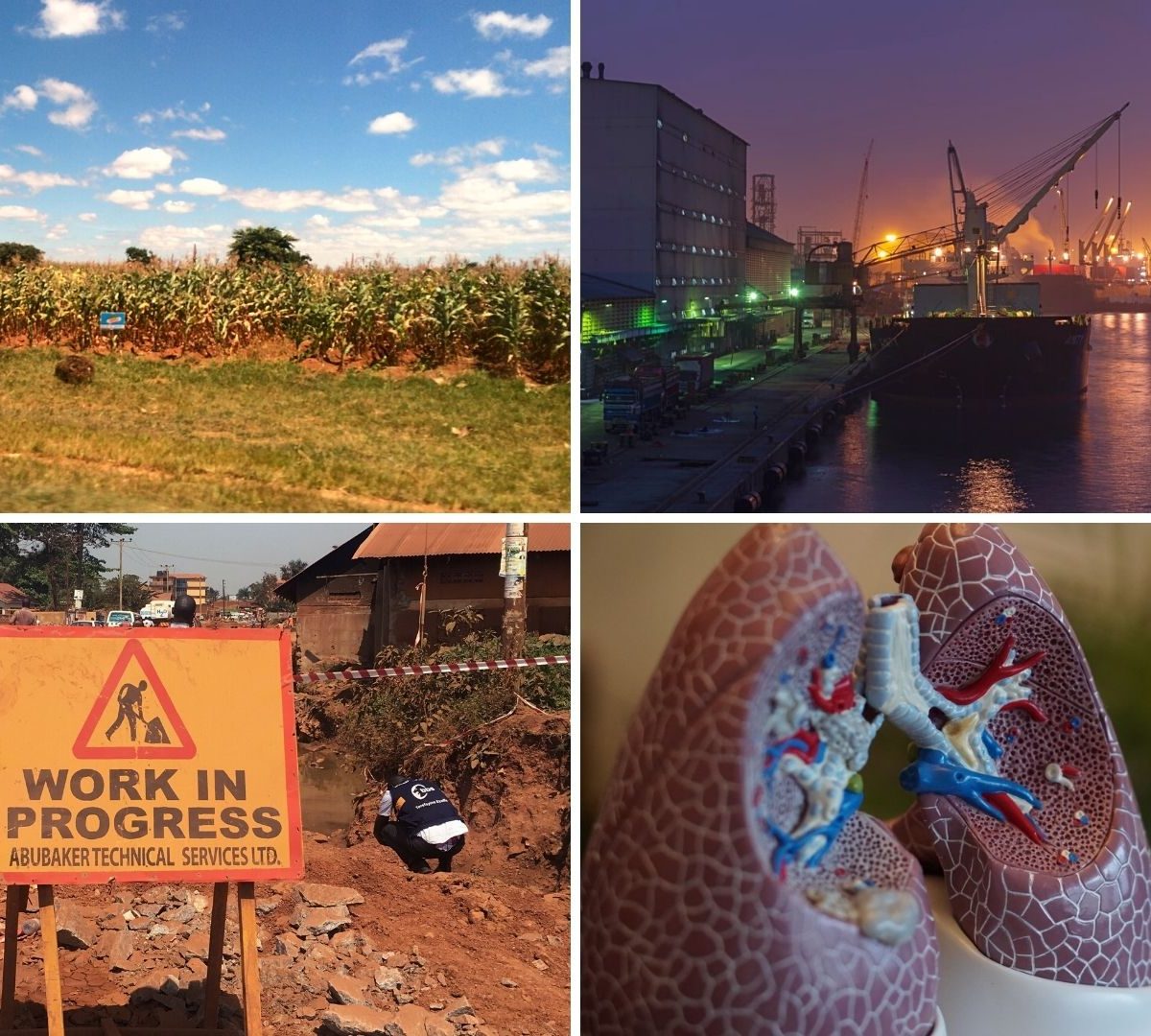
The State of Data in DG’s Work
As we review our strategy, we plan to share here much of what we’ve learned through programming in more than a dozen countries – from our work and from our excellent partners – about the state of data in agriculture, tobacco control, open contracting, and the extractive industries. For each theme, we’ll explore who are the key data users, the decisions they make, the most important data gaps, and the crucial risks of data (mis)use. Here we share previews from some of our flagship programs.
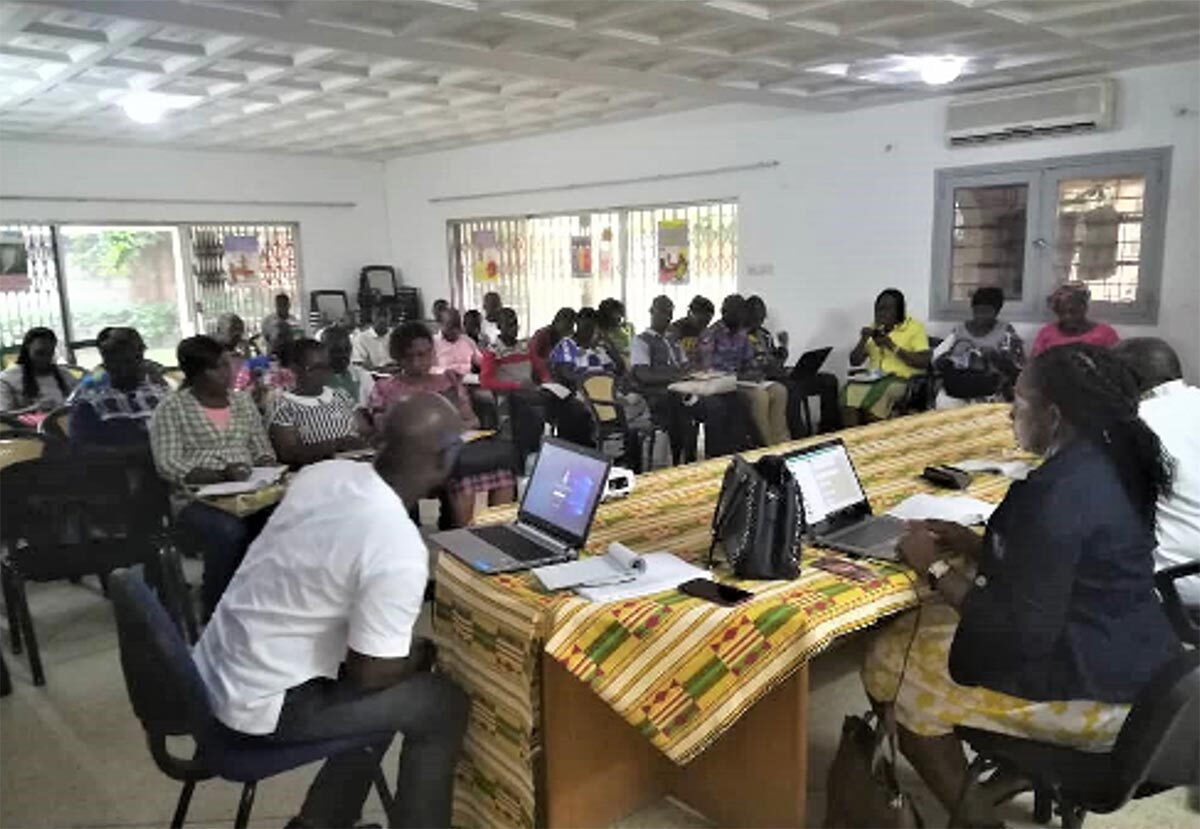
HIV/AIDS Response Through Youth-Led Community Mapping in Côte d’Ivoire
With support from DCDJ, local youth in Côte d’Ivoire organized a successful mapathon to get community resources, landmarks, and risk zones in Daloa – particularly those relevant to young people – on the map. Through the process, they acquired new skills including OSM tracker to develop map layers, how to collect local data, and how to communicate results stored in a new database developed through the program.
Using the VIFAA Kenya Dashboard
The Visualizing Insights on Fertilizer for African Agriculture (VIFAA) program aims to strengthen data supply and support improved policies and investments to increase fertilizer affordability, availability, and quality. Stakeholders share how it will support decision-making in Kenya.
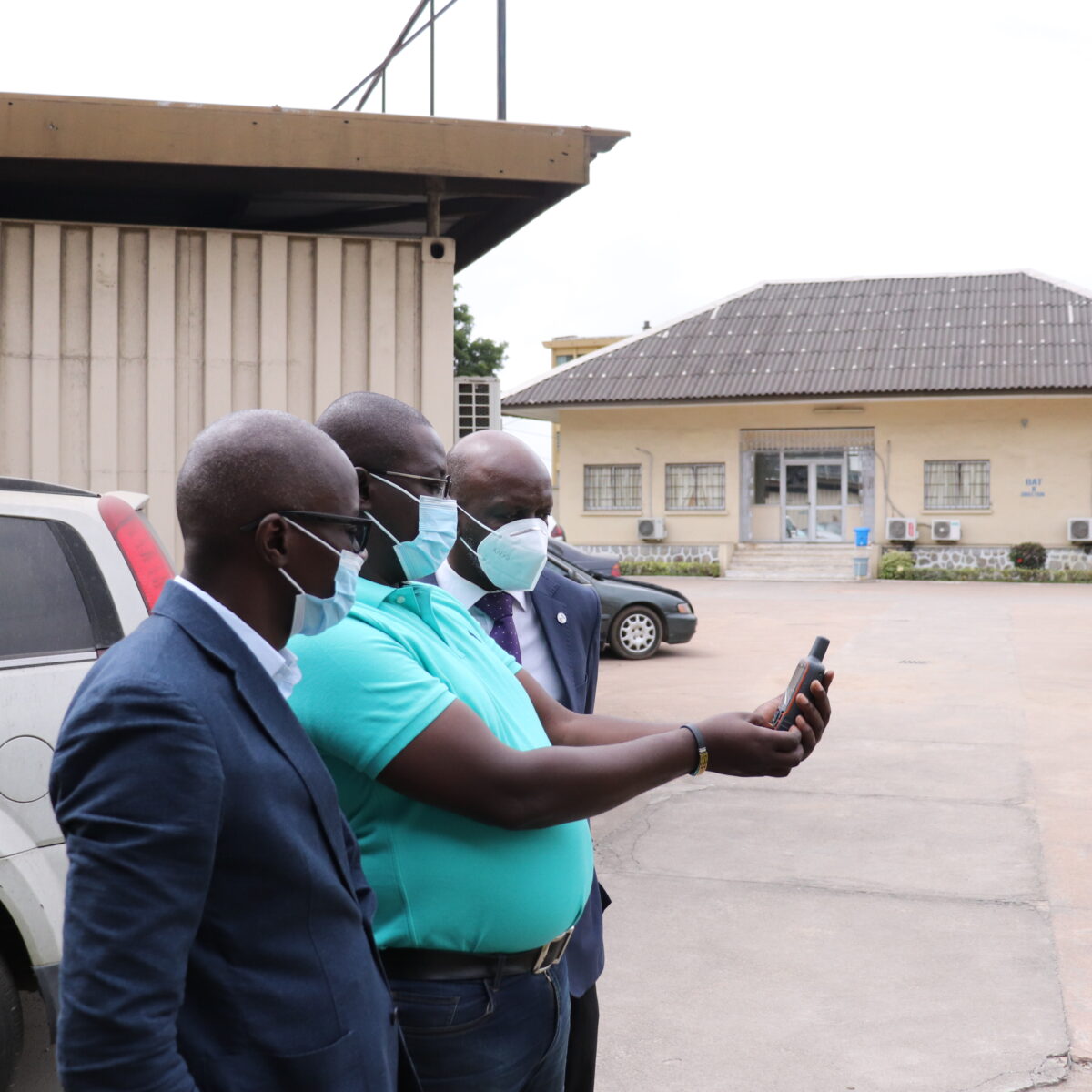
Open Data Center for Health Enables Côte d’Ivoire’s Health Workers to Improve HIV Program Coverage
Through partnerships in Côte d’Ivoire, DG collaborated to build a platform which integrates and visualizes data from multiple sources, using maps and dashboards, for policymakers and health workers. A handoff ceremony caps a two-year effort to improve the data and tools accessible to the country’s health workers.
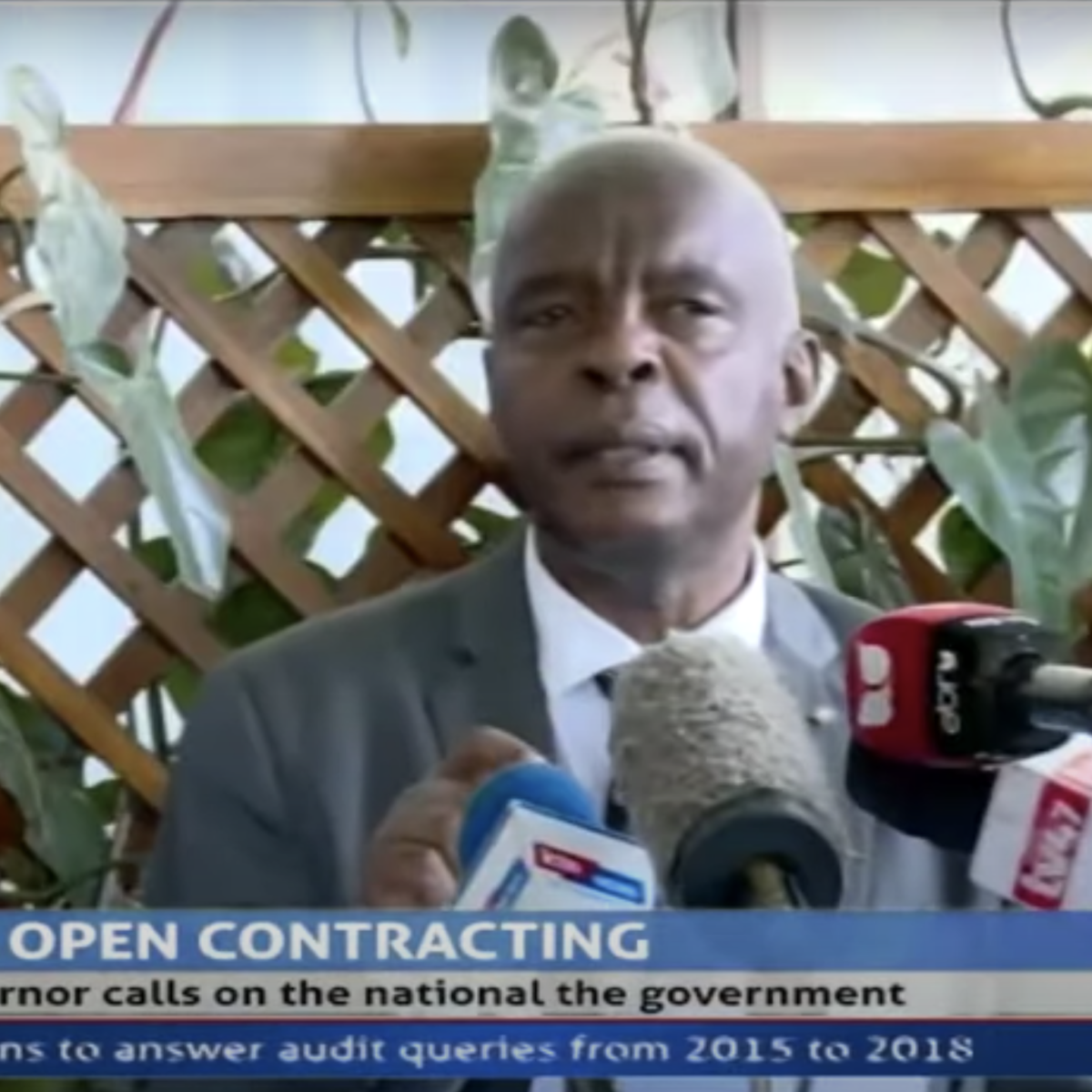
In Kenya, Open Contracting Improves Efficiency & Curbs Corruption
With citizens' lives on the line and government spending at record highs, ensuring accountability to citizens is imperative to maintaining trust and effectively managing procurement in response to COVID-19. Last week, President Uhuru Kenyatta directed the Ministry of Health to come up with a transparent, open method and mechanism through which all tenders and procurement done by Kenya Medical Supplies Agency will be available online. Much can be learned from DG's experience implementing an Open Contracting Portal in Makueni County, Kenya.
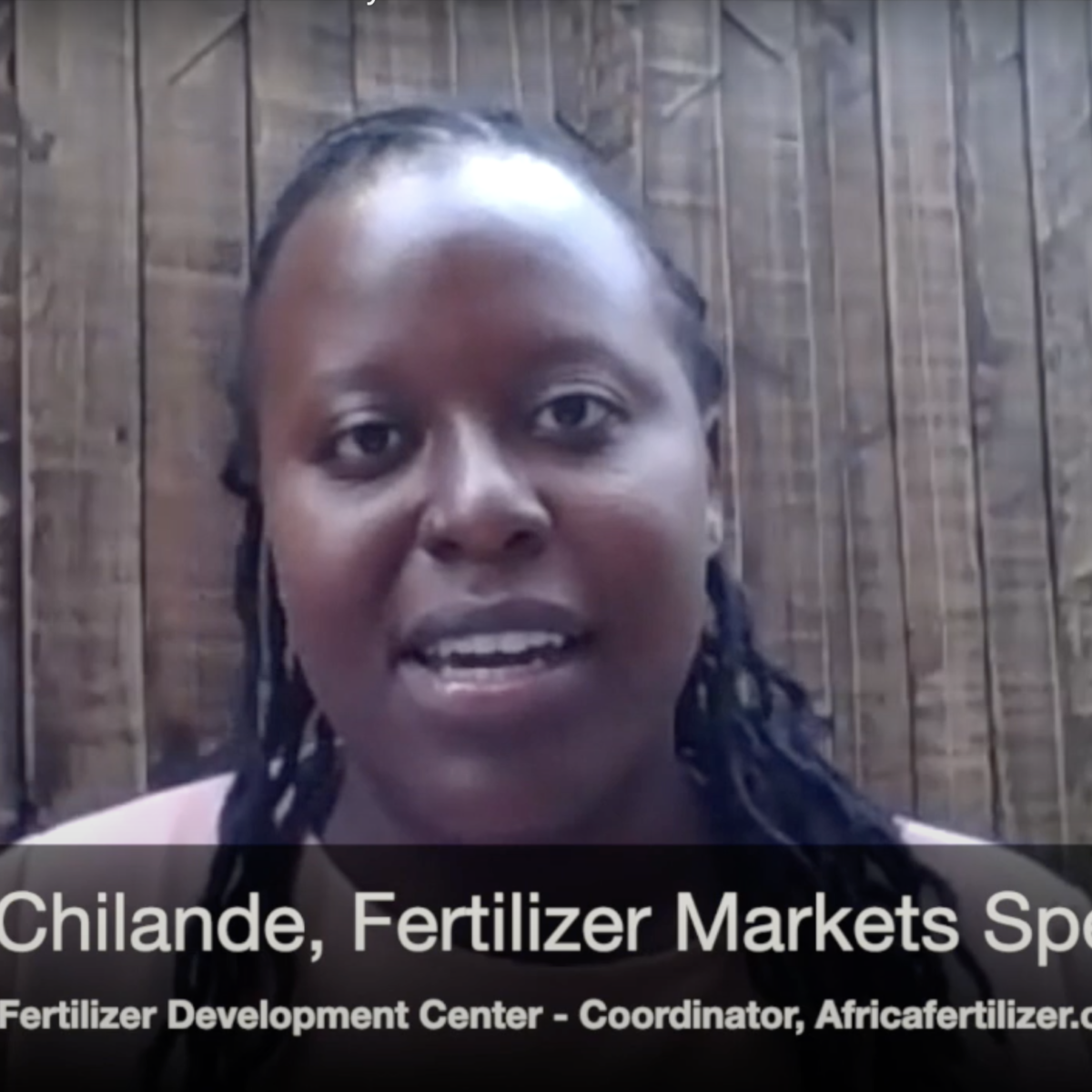
Why a Fertilizer Dashboard for Kenya?
In developing the VIFAA Kenya Dashboard, we worked in partnership with Africafertilizer.org (AFO) and the International Fertilizer Development Center (IFDC) to understand the cycle of demand, supply, and use of Kenya’s fertilizer data. Grace Chilande of AFO and IDFC provides more information on why the dashboard is needed and how it will be used.
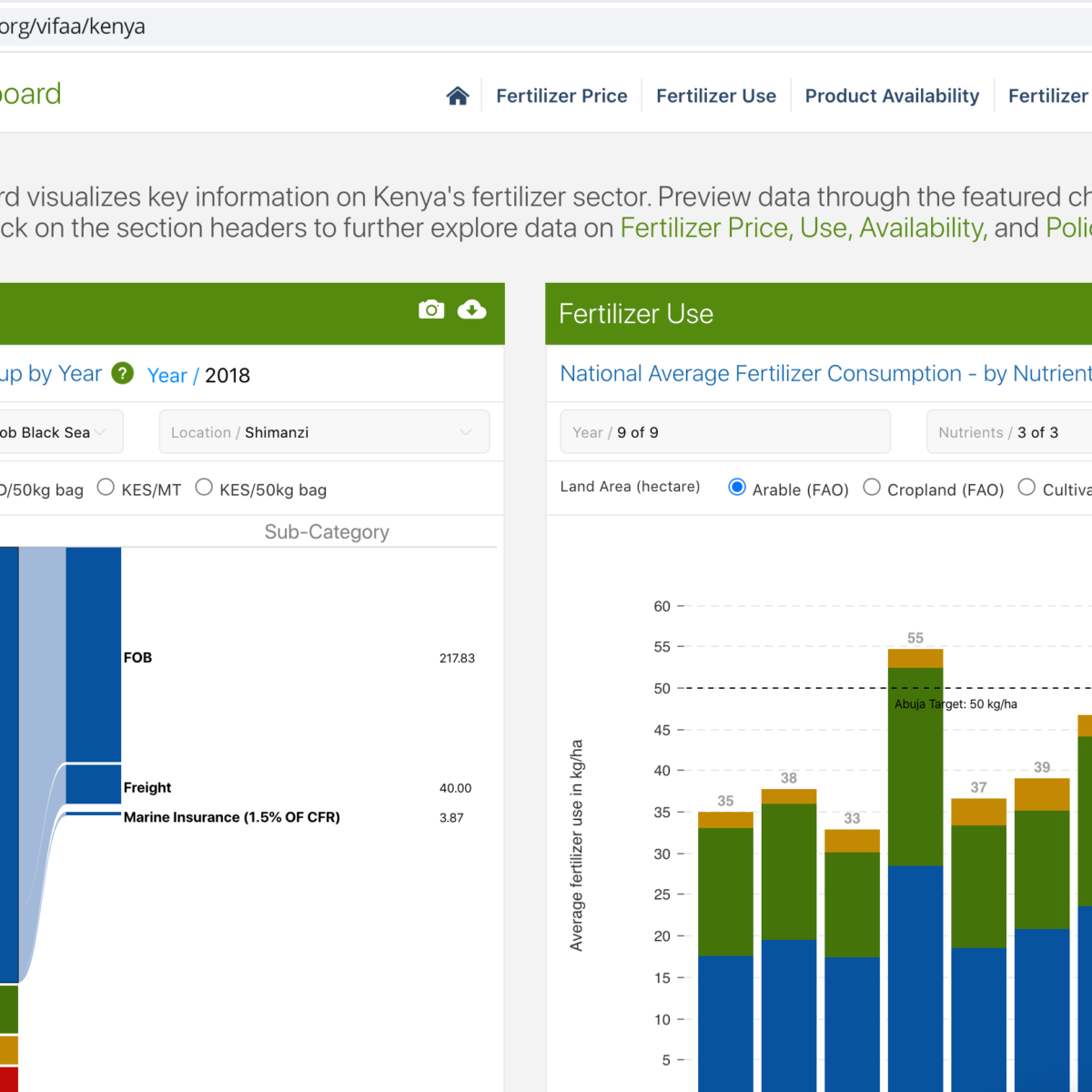
The Kenya Fertilizer Dashboard is Live!
We are thrilled to announce that the Visualizing Insights for African Agriculture (VIFAA) Kenya Fertilizer Dashboard is now live! From fertilizer price to consumption, this dashboard makes Kenya’s fertilizer data easier to access, use, and share for national and county level decision making
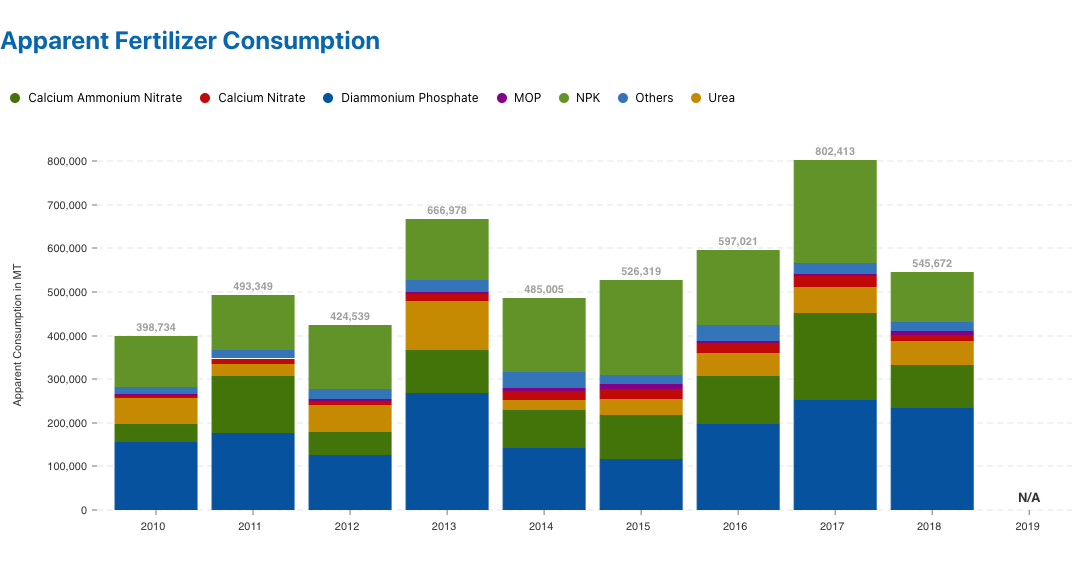
Sourcing Fertilizer Data in Sub-Saharan Africa
In advance of the first VIFAA country dashboard launch next week, we will explore the importance and source of accurate and reliable data for each of the indicators. This is a crucial step in making data available in a way that stakeholders can use to inform their decisions.
